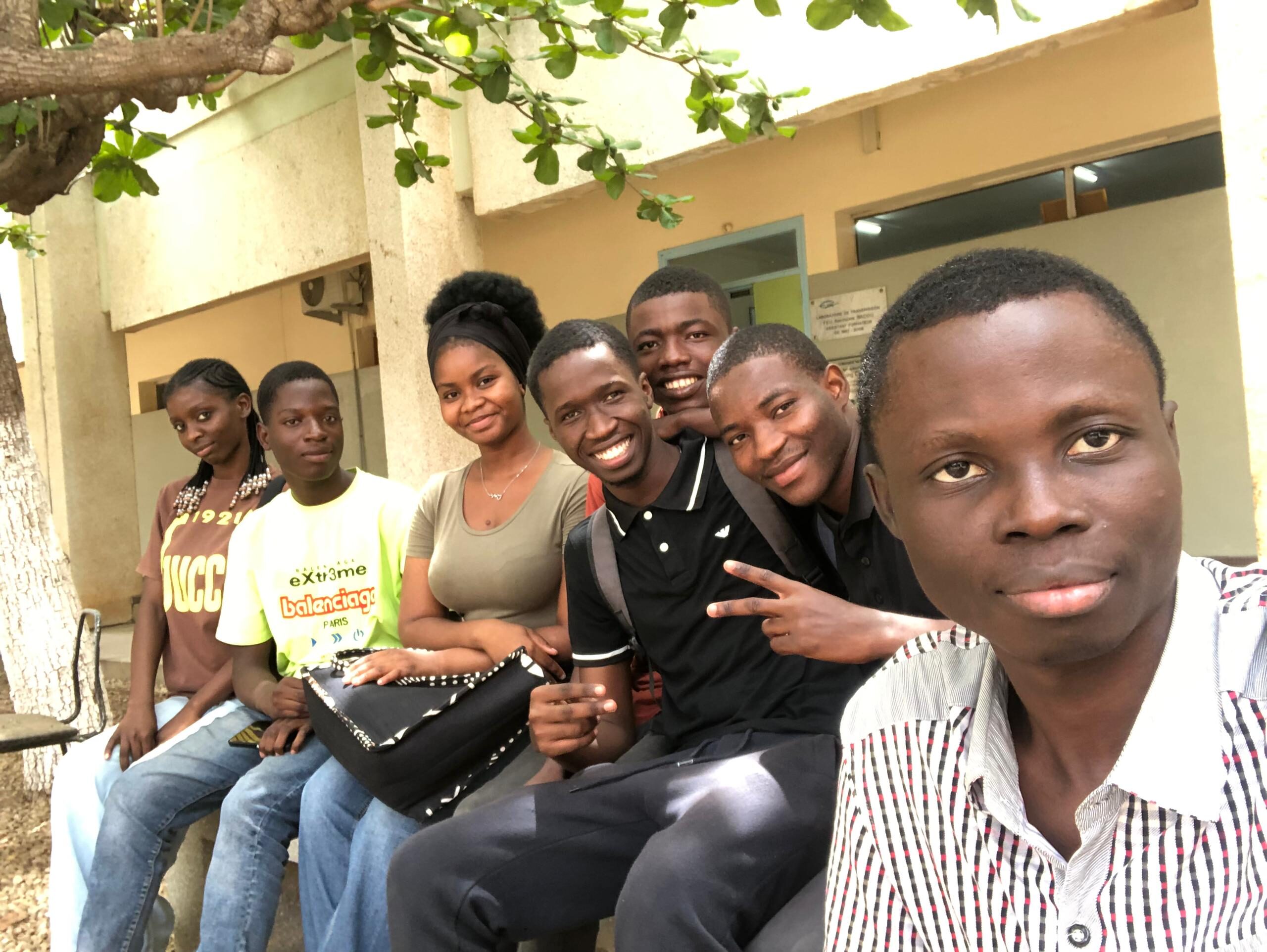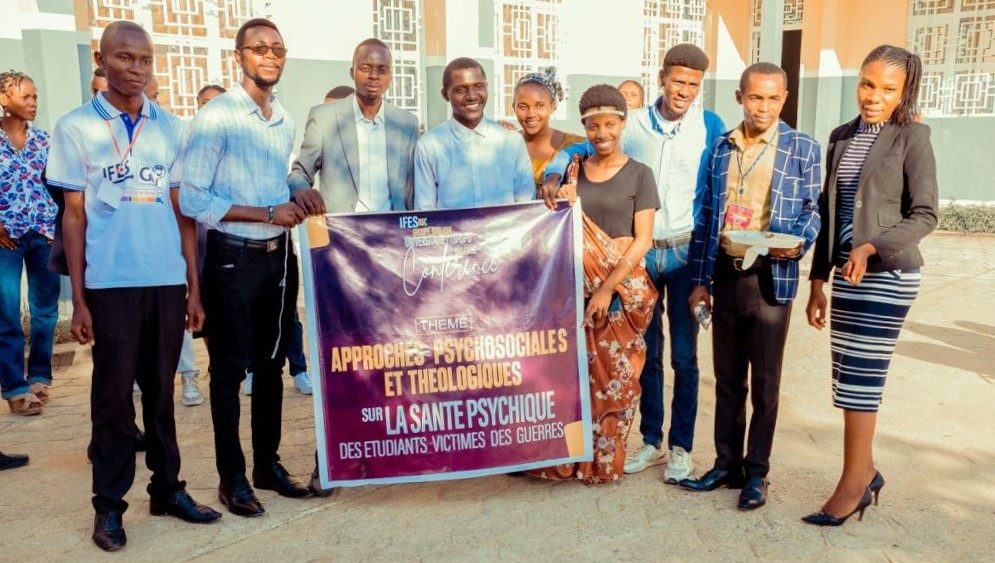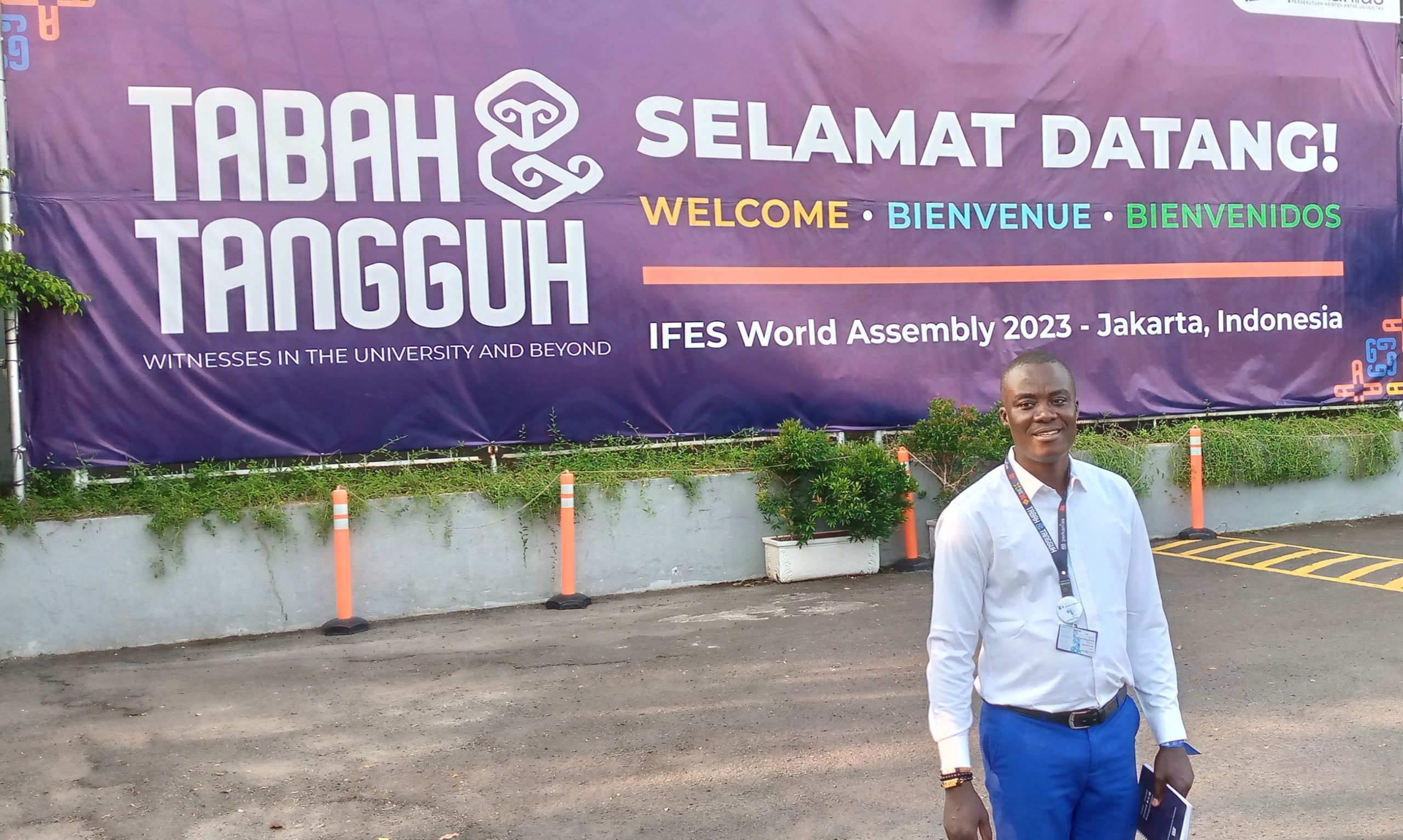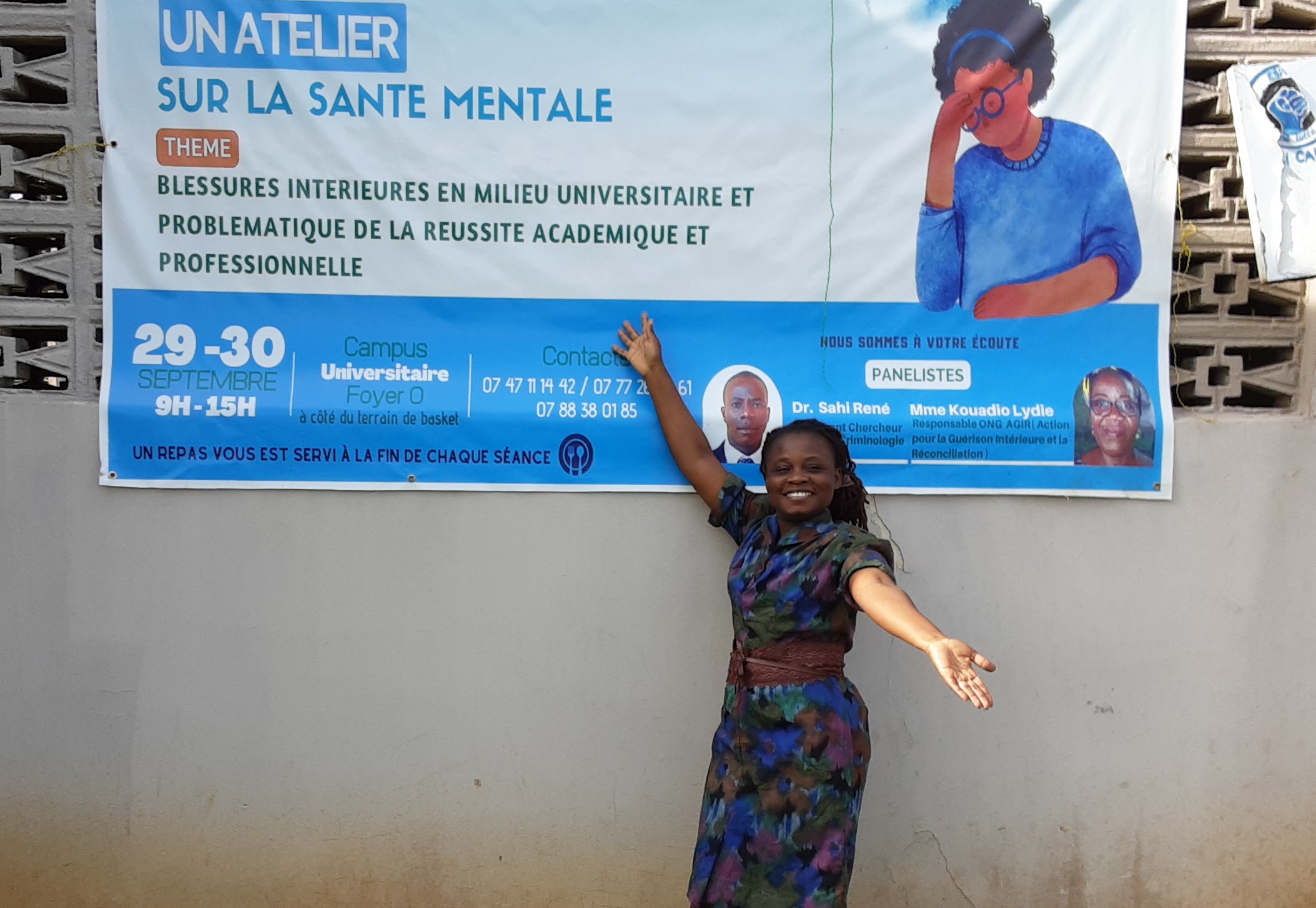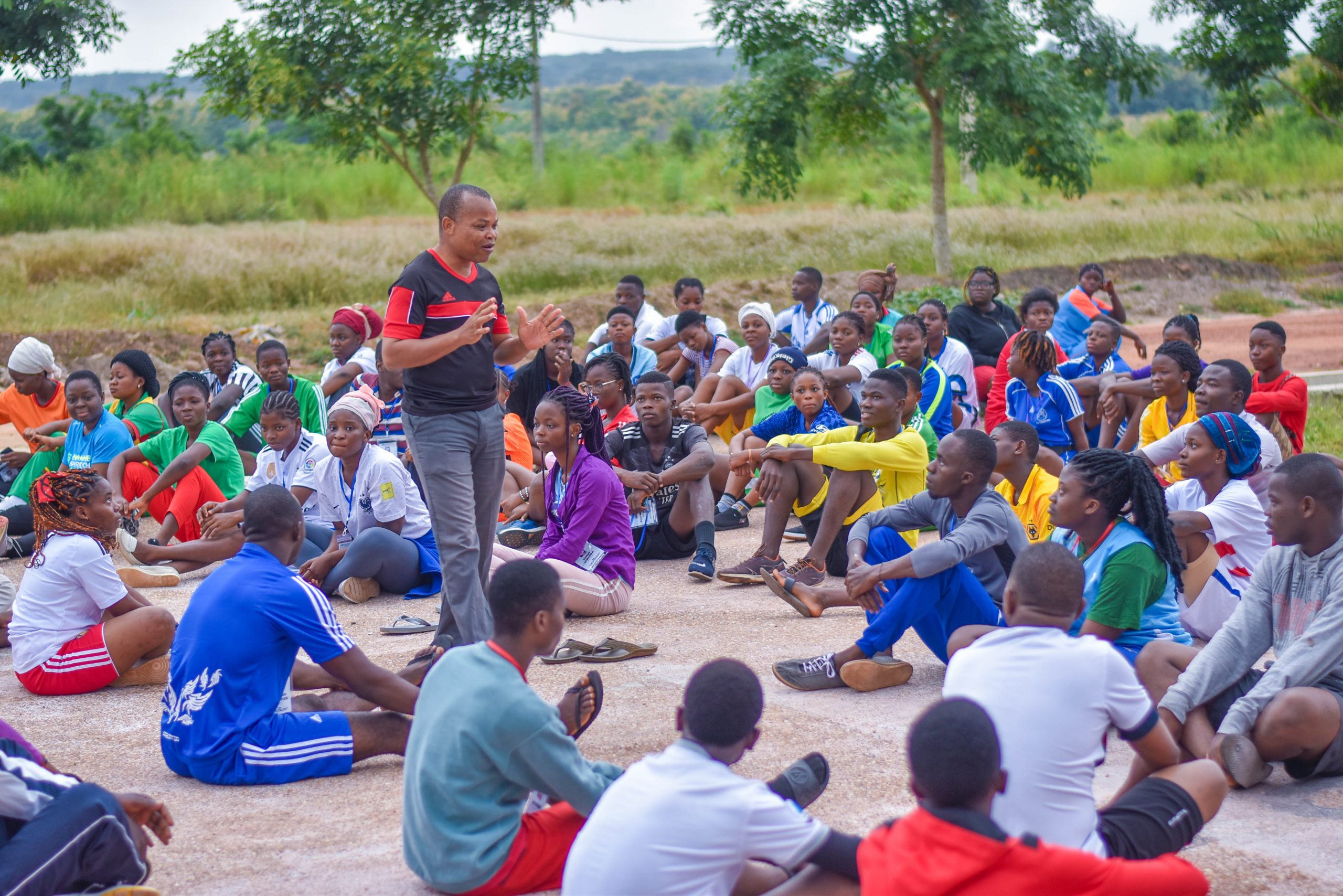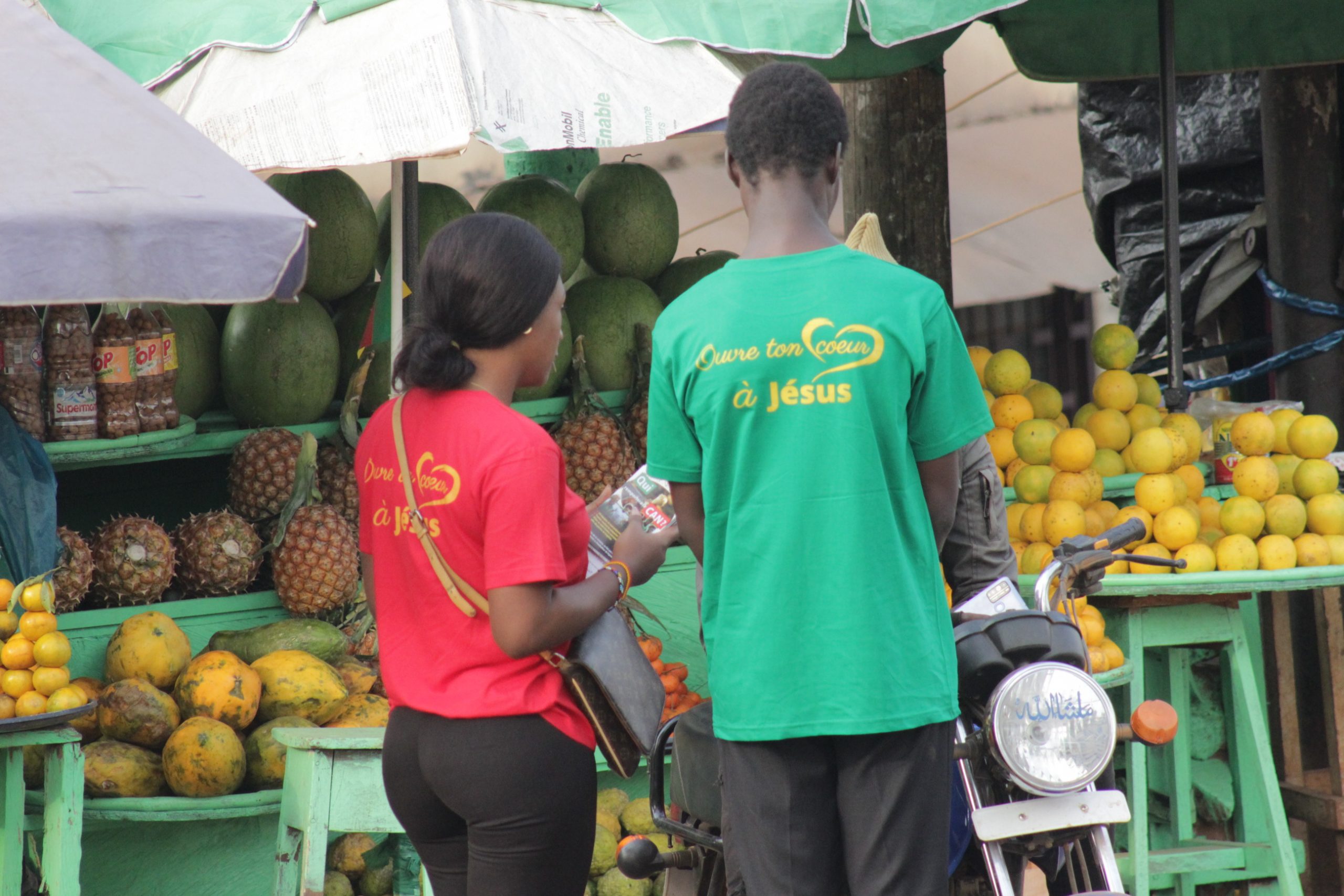True to Life
Problem-struck Paul said that God’s power is made perfect in weakness (2 Corinthians 12). Devoted Daniel found favour and success in a faith-challenging environment (Daniel 1). For Emmanuel, these biblical examples are not merely inspirational. They are true to life. They resonate with his experience of God at work in his student group in GBUSS, the IFES movement in Senegal.
Weak Made Strong
Two years ago, the future of Emmanuel’s small group was in question. There were only three members left at École Supérieure Multinationale des Télécommunications (ESMT), an IT graduate school in Dakar that also draws students from six neighbouring countries. Emmanuel says, “maintaining a dynamic witness for Christ amid the institution’s religious diversity was a real challenge”.
Despite this, the three members committed to pray, meet for fellowship, and depend on God. Gradually, more students joined the group, bringing new energy, fresh vision, and deep commitment.
“This is a concrete example of God’s power being made perfect in weakness. It shows how God is at work in university mission, even with such modest resources,” adds Emmanuel.
Double-edged Sword
The channel for God’s powerful work was Scripture. Emmanuel testifies that the group’s renewal was triggered when they resumed regular Bible studies. The imagery of God’s Word as “living and active, sharper than a double-edged sword” (Hebrews 4) proved true to life for them:
“These times in Scripture were far from abstract studies – we could see personal and collective growth as the Word shaped our attitudes, built unity, and sparked new zeal for sharing the gospel.”
Favour for the Faithful
But it didn’t stop there. Emmanuel adds: “it was striking to see how this revival of faith was also being reflected in the academic excellence of our group members.” He notes that several students in the group came top in their class.
“We didn’t see this success as mere individual achievement. We interpreted it as a sure sign of God’s faithfulness to us in a demanding environment – it was just like when Daniel was studying in Babylon. We witnessed for ourselves that Christian faith is not opposed to intellectual rigour, but rather is the source and foundation of all true knowledge.”
Pray
- Praise God for his work in and through this small group at ESMT, Senegal. Give thanks that the group remained faithful and experienced the truths of God’s Word.
- Ask the Lord to consolidate the growth and impact of this group. Emmanuel asks for “Jesus Christ to remain central in all our actions”, for “an authentic and visible witness to the university community, motivated by a spirit of service”, and for the continued “protection, wisdom, and success of each member”.
- Give thanks that around 550 students from across Francophone Africa were able to attend an IFES regional conference in August (PANAF), where they explored “Growing in every way as a community of impact”. One student from Senegal said, “I learned profound truths that will transform my life and my ministry.” Pray for all those who took part – that they will see how the Word which inspired them is true to their lives and service.
BRING IN THE HARVEST
The student population in West Africa is set to double over the next 15 years – a vast spiritual harvest field that students like Emmanuel are labouring in. Would you consider giving today to help students and staff in West Africa bring in that harvest? What’s more, your gift might count for DOUBLE! Find out more.
